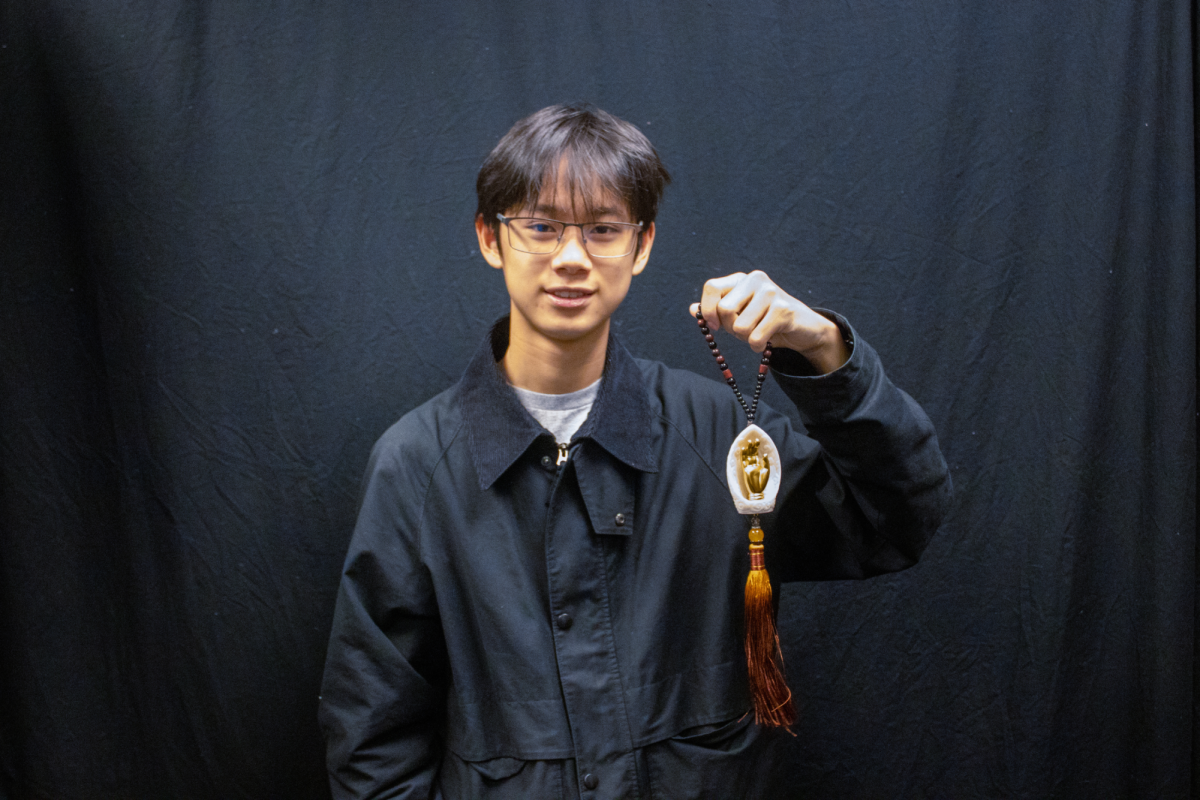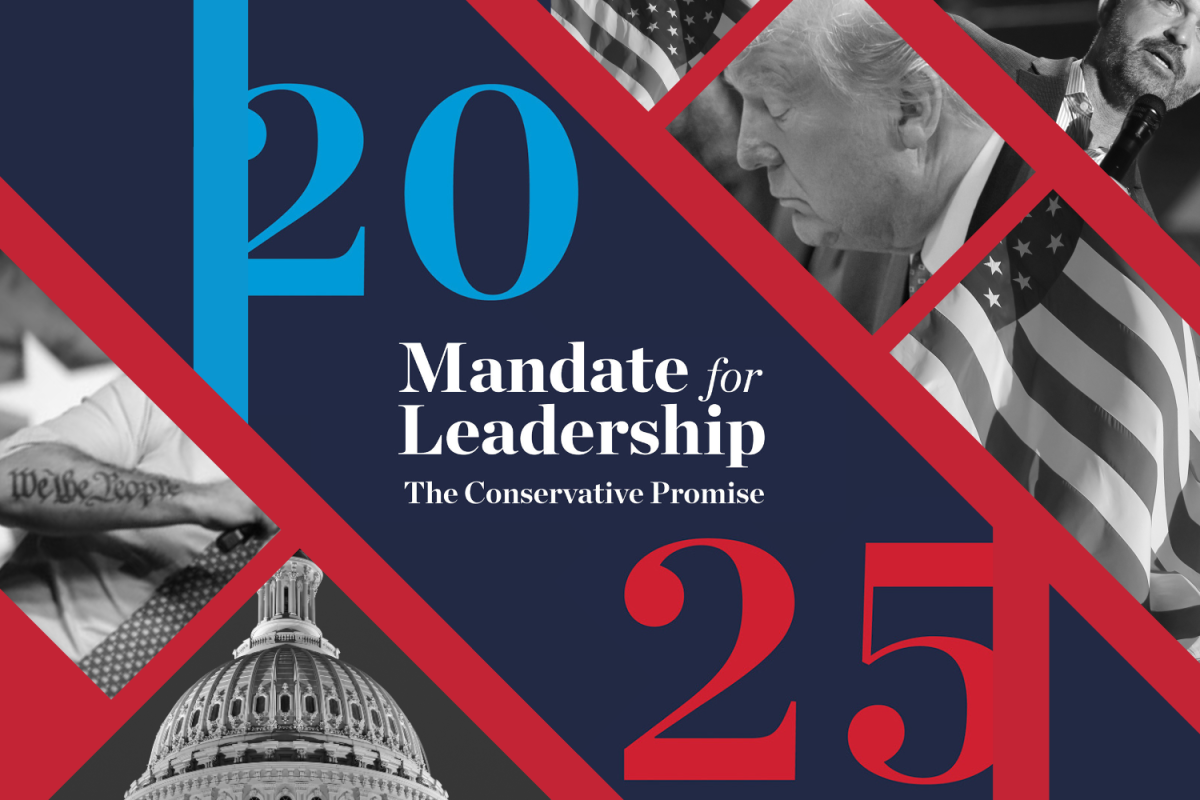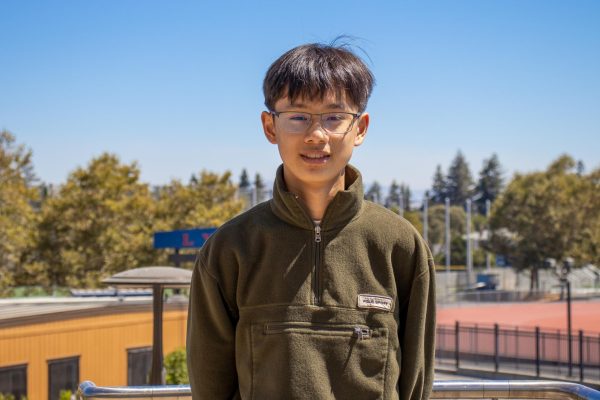The smell of burning incense, lavishly decorated dishes and a living room filled with silent prayers — these were the things that made up my childhood, my culture, my family. Yet for the longest time, I held a disgraceful secret: I am an atheist.
“Come pay respect to your ancestors,” my mother would call out to me, gesturing toward the miniature shrine we built in our house. “Now clasp your hands together, close your eyes and pray,” my father followed up, gently closing my hands for me and pointing at the small Buddhist figure ahead. I was reluctant, but my father’s warm smile and sincerity made it hard for me to oppose him.
These were my earliest accounts of religion in my household: occasional gatherings at the small shrine, eyes shut and offering solemn blessings to my ancestors. But even though I’ve done the same ritual for years, it never felt right. I prayed only because my parents wanted me to. Before long, I found myself astray, praying to earn my parents’ approval rather than to pay homage to my ancestors.
One summer break, I visited my extended family in Hong Kong — the birthplace of all my familial traditions and values — and I rediscovered how much of my own culture I have forgotten. For the first time, I watched as my family’s cultural values came alive: the superstitious sayings my grandparents and relatives exchanged at the dinner table and the intricately decorated public shrines I visited. Other times, this meant attending religious ceremonies hosted by my grandparents’, which required us to gather as a family. I remember watching my parents and grandparents carry out each ritual just as I practiced at home. It was then that I realized these practices weren’t just an extension of my family’s values into a different continent, but rather a way for us to stay connected to one another.
I left Hong Kong having learned an important lesson, that religion was what tied our family together — but that didn’t change my attitude toward religion. I was and still am an atheist. I’ve accepted that my family and I will continue to hold different beliefs. For my parents, religion and praying will forever be their way to connect with their culture and heritage. But for me, it is my way of connecting to my family. Religion and tradition are not things I’m willing to give up easily. After all, it’s what defines my life in a world thousands of miles away from my heritage.
To this day, my family’s tradition remains unchanged: the incense burns brightly and elaborate dishes and silent prayers continue to color the occasional praying sessions.
“Come pay respect to your ancestors,” my mother calls.
This time, I pray not for my parents’ approval, but for my family’s culture and unity.






































































